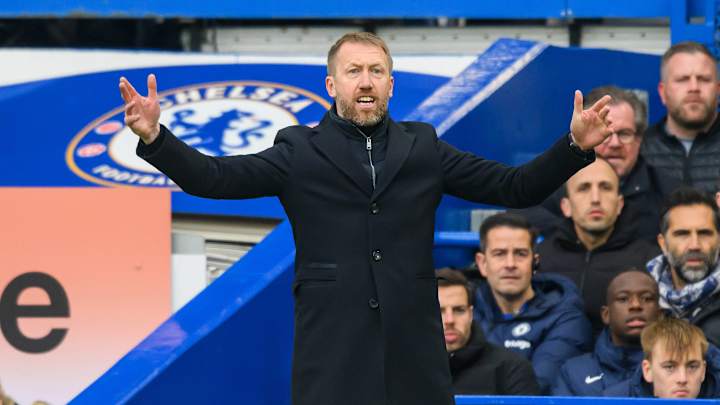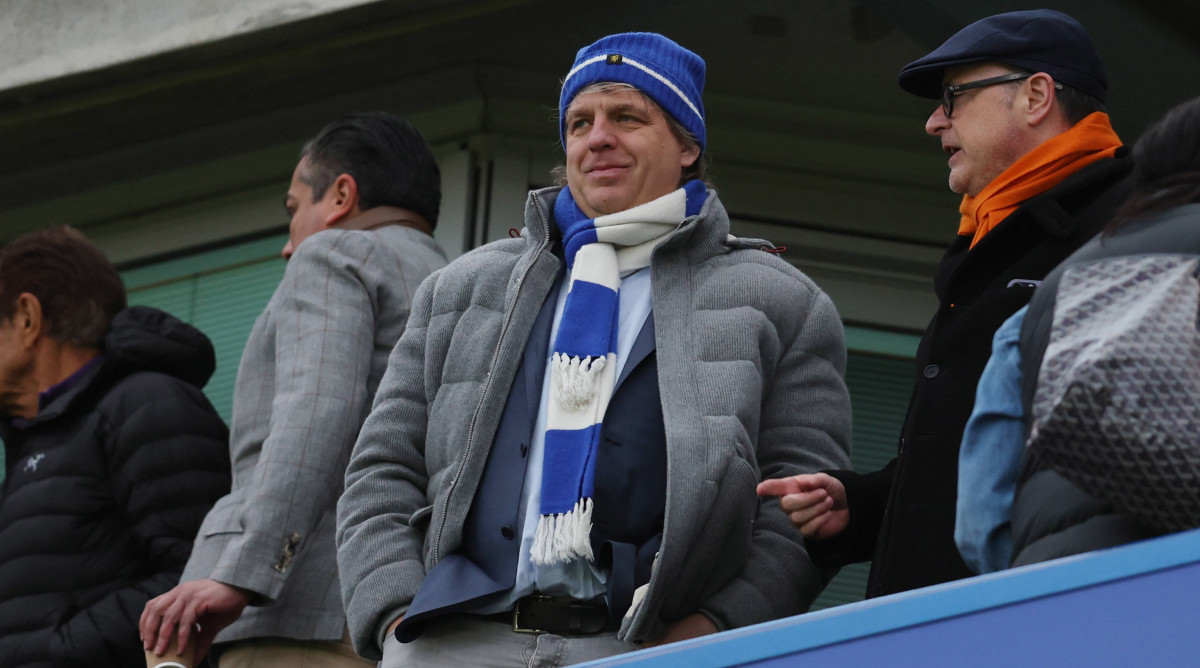Todd Boehly Shares Blame in Graham Potter’s Failure at Chelsea

Todd Boehly and the Clearlake consortium arrived at Chelsea promising a new era of stability. This, Boehly promised, would be a contrast with the Roman Abramovich era of hirings and firings. He has been in charge for a year, during which time Chelsea has spent $700 million in transfer fees and has, for the first time in its history, sacked two managers in a season.
Graham Potter was appointed manager when Thomas Tuchel was surprisingly dismissed in September, a week after the transfer window closed. Potter is polite and likable and has worked his way up slowly from the ninth tier of English football, via the Ghana women’s team and semipro football in Sweden. Whatever the circumstances of his accession, there would have been questions over whether he was cut out for the very highest level of the game—and the truth is that, because the challenges at each tier of the financial structure are so different, nobody really knows whether a manager can thrive at any given level until they have tried it.
But those circumstances were extremely difficult. Six major summer signings, having been brought in to work under a Champions League winner—and, remember, Tuchel had been given unusual control over signings because of the absence of a sporting director following the initial Boehly purge—were left wondering how they fit in to the new man’s vision.

Then in January, Boehly splurged another $390 million on transfers, mainly to bring in young players on long-term contracts. This, a bewildered football world was told, was a disruptive new way of doing business. Get all the spending out of the way early and watch the talents bloom. Except there is no guarantee that a promising 19-year-old will become a brilliant 27-year-old. If there has been a plan in the 16 players brought in by Boehly and Clearlake, a guiding philosophy, a sense of how they could all fit together, it has been impossible for an outsider to discern. Nothing Boehly has said in public has given any indication that he understands that football teams are about balance and creating a cohesive, interdependent collective rather than simply buying the best players.
Potter has been left with a squad of 34 senior players, almost half of whom first met one another in the past six months. To struggle to deal with that is not a result of inexperience or not being equipped for the highest level; it’s natural. Which is not to say either that Chelsea should have stuck with Potter longer or that he is necessarily going to be a successful elite-level coach. But it is to say that nobody can be blamed for a failure to succeed at the modern Chelsea.
After a promising start under Potter, Chelsea has won just five of its last 20 games, largely because of a failure to convert chances. Since the World Cup, Chelsea has recorded more expected goals (xG) than its opponents in 10 of the 14 league games it has played (and it has won two of the four in which its xG has been lower). But that was a failure of Potter also at Brighton; the question is whether the issue is a lack of a true center forward or whether it is something inherent in how his sides play.
There has been no consistency in selection. Chelsea has suggested the issue was less the results than the lack of perceived progress. But then if you’re going to play a back three, as Potter has recently, where do wingers such as Mykhailo Mudryk and Noni Madueke fit? There has been a constant sense of shuffling cards, desperately trying to find a formula that might work.

Three straight wins, including the 2–0 victory over Borussia Dortmund that carried Chelsea to the Champions League quarterfinals, suggested things might be turning around, but the concession of a late equalizer at home to Everton before the international break was a classic Potter performance: lots of possession, not much penetration, capped off by some dreadful defending. Saturday’s home defeat to Aston Villa was far worse, a team short of confidence picked off by a smarter, slicker opponent—even if the xG, yet again, was in Potter’s favor.
For Potter to point out the John McGinn goal that put Chelsea down 2–0 was a low-xG chance was technically correct, and his frustration at how his side so often underperforms is understandable, but it also wasn’t the statement of the sort of charismatic magus Chelsea had been used to having on the touchline. And that has been an underlying issue: While there has been a general sense of wanting a man of such obvious decency and thoughtfulness to succeed, there has been a fear Potter has lacked the self-aggrandizing assurance that has so often characterized Chelsea managers, which was perhaps necessary to override the chaos.
But then you look at Boehly and the bloated squad and wonder whether Chelsea is manageable at all.
